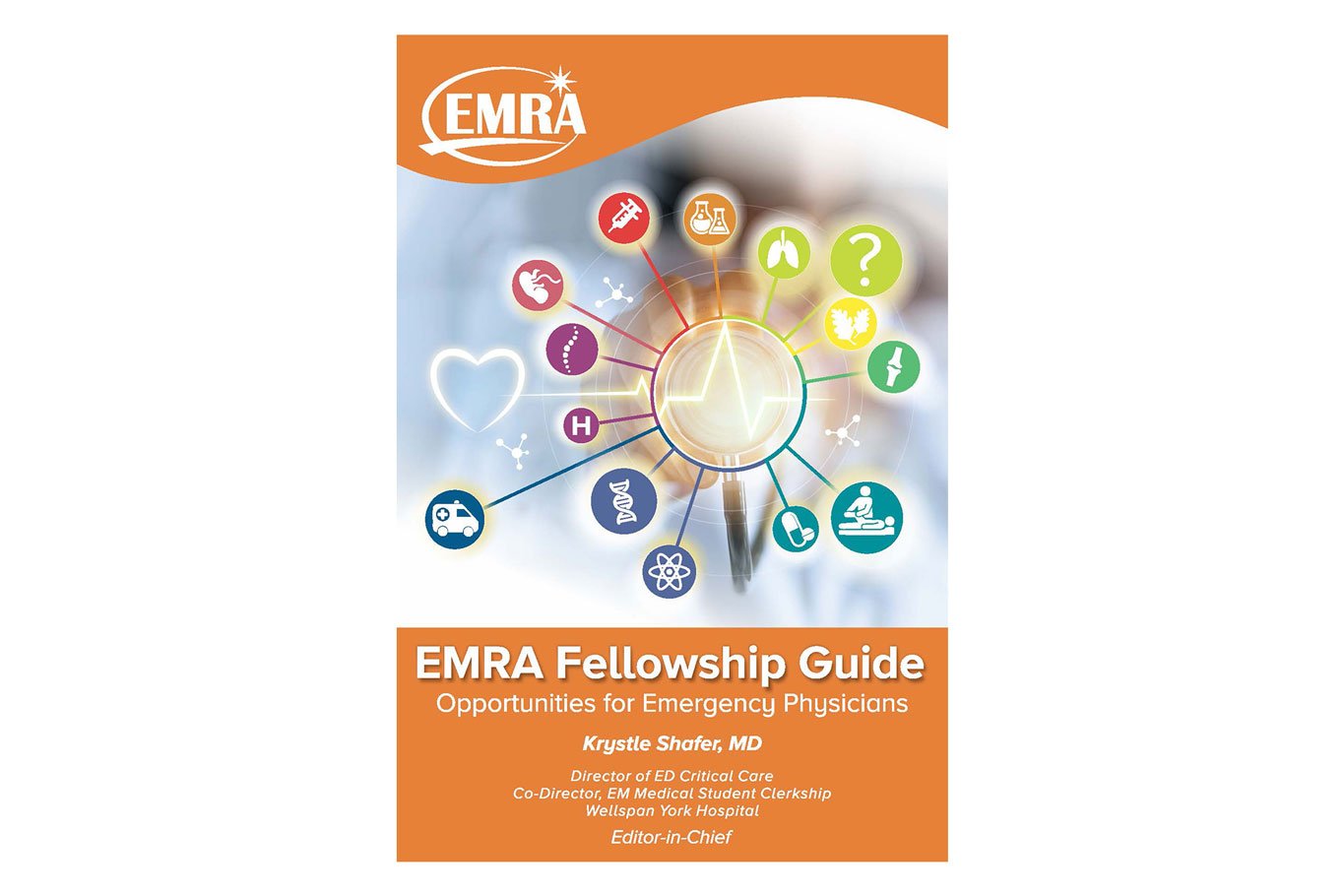Health Policy Fellowships
EMRA is launching Fellowship Match! We are adding fellowships daily.
Look for fellowships using criteria important to you.
- Geographic location
- Fellowship type or training opportunity
- Advanced Degrees Offered?
- Is Moonlighting Allowed?
- Length of Program?
- Number of Shifts per month?
- Save your favorites
- Export your fellowships to a spreadsheet to look at offline
EMRA / ACEP Medical Student Elective in Health Policy
Student Opportunity
This course is reserved for 4th year medical students applying for EM residency programs with an interest in health policy. The 4-week course takes place in-person and may be taken as a research elective for credit.
Learn More
EMRA Fellowship Guide
Chapter 11 Health Policy Fellowship
Healthy policy fellowships strive to educate future physician leaders who will be effective change agents within the health care system and ultimately serve to shape the future health care landscape. This is accomplished through the development of academic, clinical, and professional skillsets. EM providers, with their experience at the gateway to health care and broad clinical training, are uniquely qualified to serve in this capacity.
Go to Chapter 11Related Content

Jul 23, 2019
Program Director Interview Series: University Hospitals Cleveland
This month our Program Director Interview Series is focused on the Midwest. We spoke with Danielle Turner-Lawrence, MD, Program Director at Beaumont Hospital, Royal Oak, about the training opportunities available at this busy Level 1 Trauma Center in eastern Michigan.







